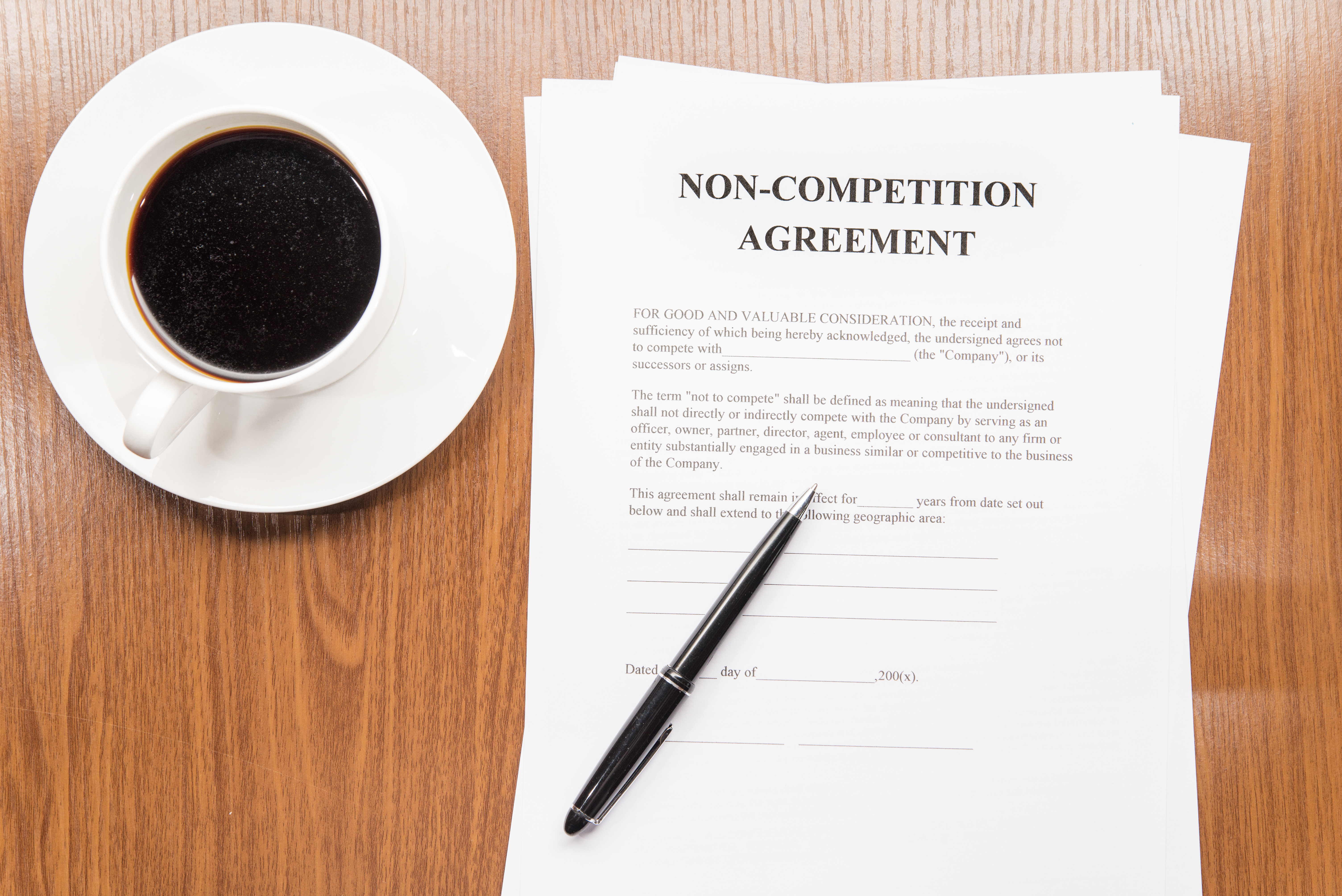Enforcing Non-Compete Agreement with Injunctive Relief
There are numerous employers that want employees to sign a non-compete, non-disclosure, and non-solicitation agreement (collectively, the “non-compete agreement”). For good reason, they don’t want to train employees to learn the business’ trade secrets and business practices (e.g., marking strategies, pricing, techniques, customer lists, etc.) only to then compete with the employer and solicit its clients. The non-compete agreement will allow the employer to move for injunctive relief if a former employee violates the agreement to maintain the status quo and prevent the irreparable harm to the employer. An example is as follows. In Allied Universal Corp. v. Given, 42 Fla....
Continue reading




